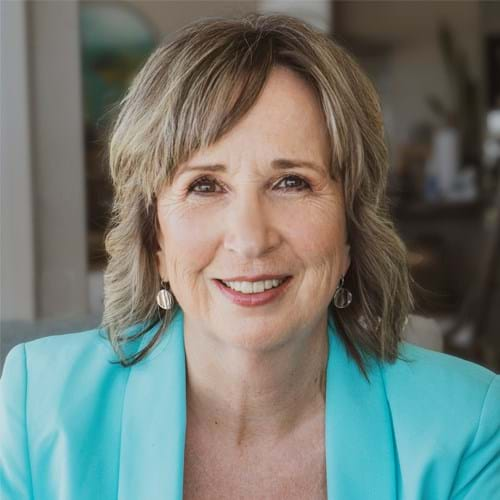Apr 17 2023
There’s no avoiding old age, and as they say, it’s a privilege to grow old.
The alternative is much worse! While it’s good to have a positive outlook on life and aim to live a long and healthy life, it’s also good to think ahead in a practical way about how life might unfold.
Observing and helping others as they age can teach us lessons about how to prepare for the last stage of life. Most of us have had parents or other close family members who have lived to a good age and have seen first-hand the issues that can arise. But in typical Kiwi fashion, it’s easy to think that somehow we will be different from those who have gone before us.
Whether you are planning ahead for yourself or taking care of an elderly relative, there are some important things to know about ageing and how it affects your financial situation.
As we get older, it becomes harder for our brains to process information. Filling out forms becomes a nightmare, and understanding directions or instructions is very confusing, especially if they are in writing. The signs of inability to cope include piles of mail that haven’t been attended to, confusion about whether bills have been paid or not, inability to recall where money is invested or how much is invested and, in some cases, giving money away inappropriately.
Looking to the future
While government financial assistance can be available for such costs, it is generally only at a basic level and can be means-tested. We don’t have crystal balls; however, your past and current health status and your genetics can give some clues as to what might lie ahead. It’s never too soon to start thinking about where you might want to spend the last years of your life and to position yourself and your finances accordingly. It is common for retirement villages to have very long waiting lists, sometimes years long, and when a vacancy arises, it can be necessary to make payment at short notice. Planning ahead for retirement village living is essential.
If you wish to stay in your own home, it’s best to keep on top of maintenance or consider moving to a smaller home that doesn’t require as much upkeep. It’s not easy to make a move when you are comfortable in your home, and it’s quite common for people to leave moving too late. As you get older, the energy and thinking power required to move house makes it increasingly difficult to take the plunge. It’s best to move by choice than to have family members make the decision for you.

The last stage of life is a good time to reflect on your financial situation and make considered decisions about how to dispose of your remaining wealth (or deal with a lack of wealth!). If you are in the fortunate situation of having considerably more wealth than you are likely to need, think about making gifts to family members or donations to charity while you are still alive and able to witness the impact of your giving.
On the other hand, if your needs are greater than the wealth you have available, consider ways of tapping into the equity tied up in your home, either through an arrangement with family or equity release (reverse mortgage). There is no sense at all in living your last years in poverty so as to leave a greater inheritance for your family.

